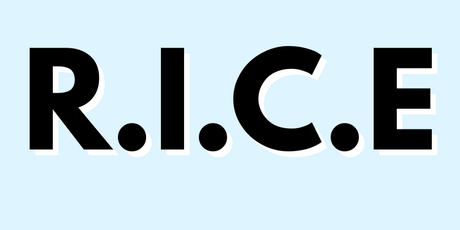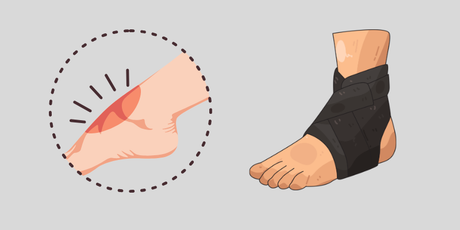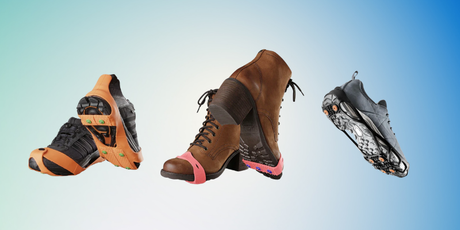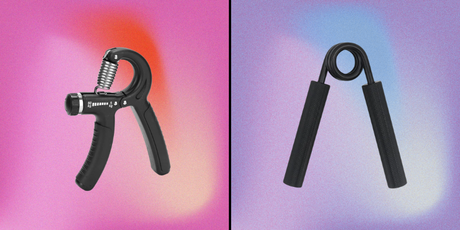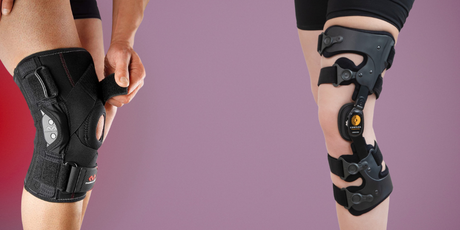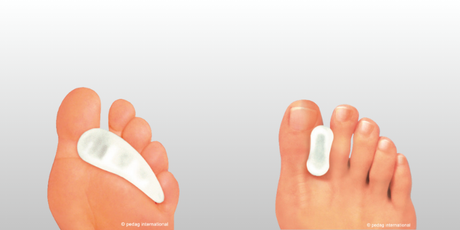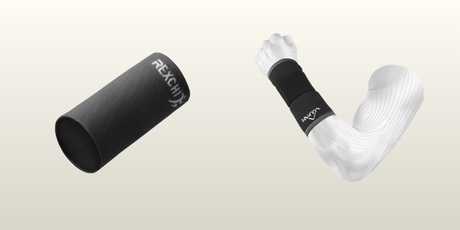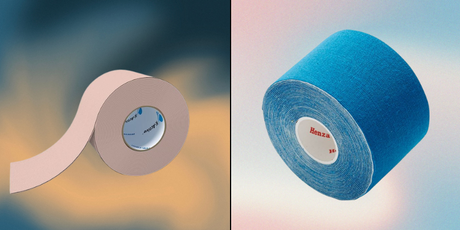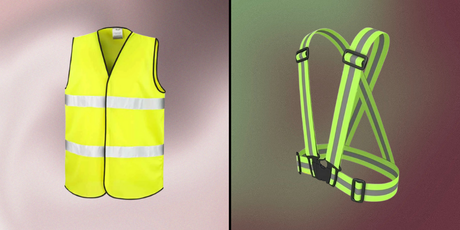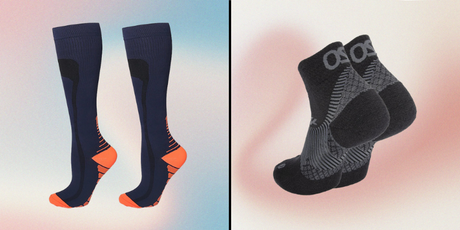Meniscus tears
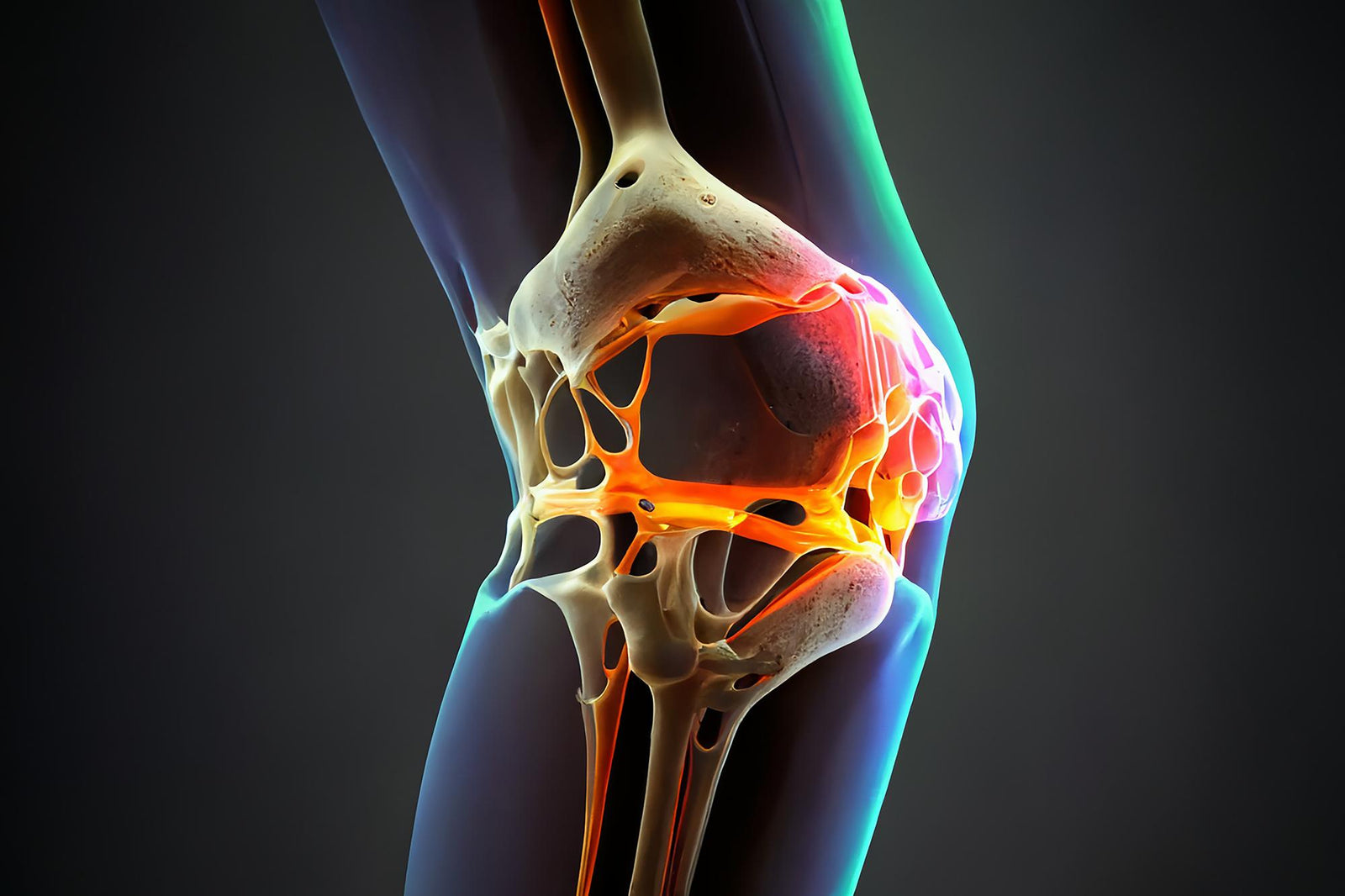
Meniscus injuries can result in tears or a piece of the meniscus coming loose. The loose piece can then get stuck somewhere in the knee joint and cause you to experience a locking of the knee joint. The locking is felt when you stretch or bend the joint. In addition to the locking of the knee, if you have an injury to the meniscus, you may experience pain when you twist your knee or squat. Often you can also see swelling in the knee.
If you have a minor meniscus injury, it often heals by itself. You should rest your knee and wait for the meniscus to recover. Physiotherapy will usually be required, and if it is a more serious injury that will not heal on its own, surgery on the meniscus may be necessary.
There are some things you can do to prevent meniscus injuries. You should remember to exercise and build up a stable musculature in the leg and around the knee. With proper strength training, you can build up the stability that supports and protects the meniscus. You can also think about stretching and keeping the area around the knee soft and supple. A flexible knee brace for meniscus injuries provides relief, support and pain relief in the event of a meniscus injury.


